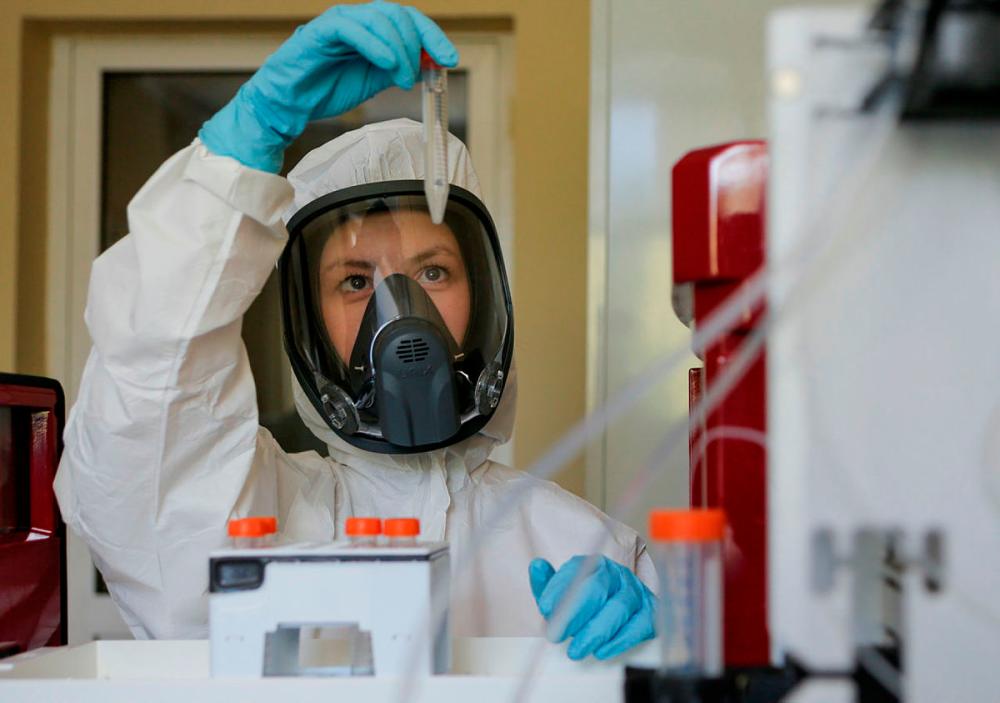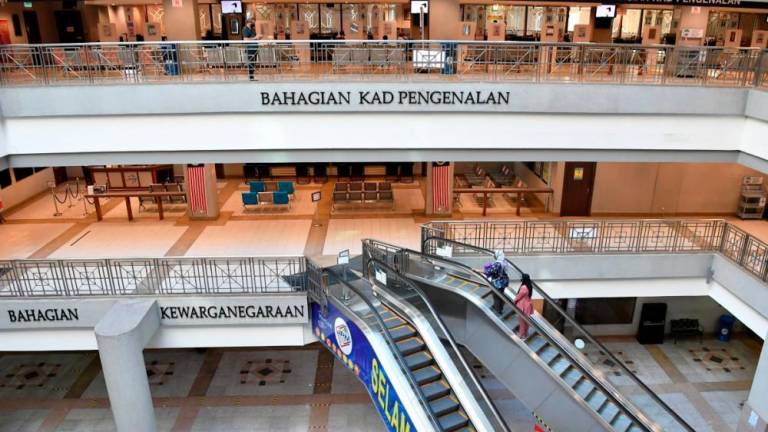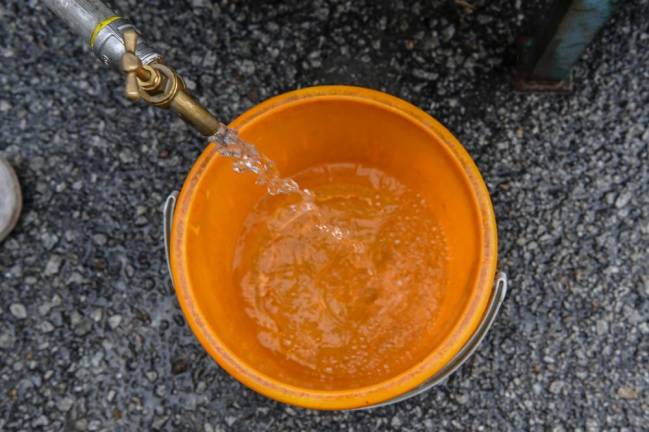THE World Health Organisation (WHO) needs US$35 billion (RM146 billion) to produce and deliver two billion doses of vaccine against Covid-19, 245 million treatments and 500 million diagnostic tests over the next year.
It is understandable that the cost would be shared among countries participating in the Covax Facility, a global initiative to vaccinate as many people as we can to bring an end to the Covid-19 pandemic.
According to WHO director-general Tedros Ghebreyesus, “the goal must be to vaccinate some people in all countries, rather than all the people in some countries”.
For Malaysia, there is an upfront payment of at least US$20.48 million (RM84.7 million) to be met if the country wants to secure 12.8 million doses to vaccinate 20% of our population of 32 million on two-dose regimen.
Covax’s inclusive price per dose is US$10.55 (RM43.63) while the China-owned Sinopharm’s vaccine price is US$72.50 (RM300) per dose.
We are looking at a huge amount of money to try to bring an end to the pandemic. But there can be no price tag on human lives.
Access to vaccination against Covid-19 should not be a commercial issue but a right to as many as possible within the means of the country and our quota. Affordability by individuals cannot be a criterion that we based our vaccination plan on.
It is only not unjust to make the vaccines available merely to the rich, it would also be strategically wrong to have such a poor approach.
As rightly pointed out by Professor of epidemiology and public health Dr Sanjay Rampal, we have to be objective in our endgame in the fight against the virus.
“A herd immunity of 80% would be needed to stop this pandemic. For Malaysia where the incidence has been relatively low, we would need to vaccinate 25 million residents,” he told theSun.
We have been weighing the balance between saving lives and reviving the economy, and have managed to find a way through so far.
The worst we can do is to allow the vaccines to become a prized commodity that are up for the highest bidders or the most well-connected.
Beyond our own concerns, poorer countries with inadequate public health services would be hard-pressed to secure enough vaccine dosages for themselves.
Failure to ensure equitable access to the vaccines will no doubt be one of the greatest failures of this generation.














